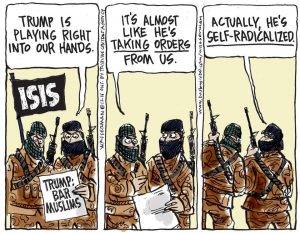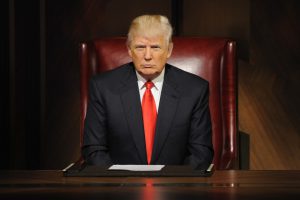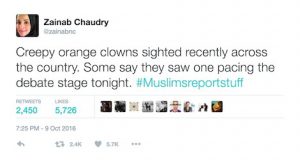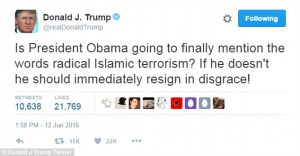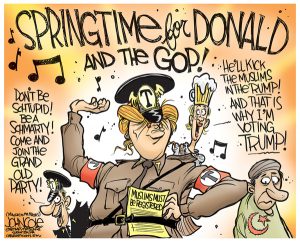It has been argued that Donald Trump’s rash statements regarding the ISIS movement has actually helped and aided in recruitment of terrorists. Hilary herself has made these very claims. In this article, I would like to take some time to discuss the rhetoric behind this claim.
The Issue
Here’s the big issue: By claiming that Donald shouldn’t be saying the things that he is saying, and by accusing him of aiding in the act of terrorism itself, Hilary is essentially insinuated that free speech is not important and it is not an inherent right in our society. By making statements saying that Trump has “given aid and comfort” to terrorists, Hilary is by definition accusing him of committing treason, which is punishable by death.
Here’s the Big Picture
Hilary and most of the liberal side would like to place the blame for increased terrorism on Trump’s head. Despite the fact that Trump has never held public office and despite the fact that they say he is totally unfit for ever doing so, they give him an extreme amount of credit for the influence that he holds over people. The root of the issue is this: Hilary has chosen to blame outside sources for the cause of terrorism which ultimately comes from a source within. Terrorism is a belief set, an ideology, a way of thinking, and a way of life. While it might be tempting to blame guns, freedom of speech, or even Trump’s own words, these are all merely (if at all) tools that are used by people who already believe in the terrible acts that they commit.
In Conclusion
Finally there is no real proof that Donald Trump has increased enlistments in the battle lines of the terrorist armies. It is a strategically chosen narrative and it “has the benefit of being impossible to prove.” It could just as easily be argued that he has increased the numbers willing to fight against the war of terrorism, however the evidence would be just as lacking. Ultimately, every time a statement is made in the political realm, it should be fact checked, and it should be evaluated from a rhetorical standpoint. If the statement doesn’t make the cut for a solid and plausible argument, throw it out! Therefore, what should we do with the statement concerning Trump’s act of high treason? Throw it out.

